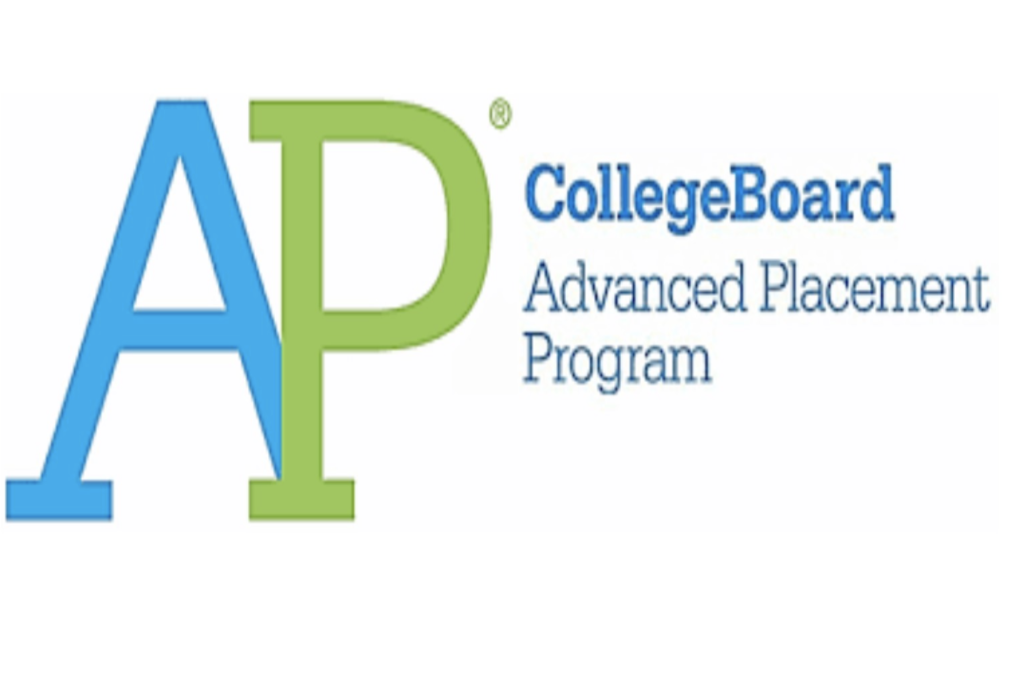May 29, 2015
For the first time ever, we implemented a weighting policy in our high school. Advanced Placement classes will receive an extra grade point when we compute a student’s GPA. Students and parents may think it will provide an advantage in college admissions, but it won’t. We already do quite well in that area, and no student has been harmed by a lack of weighting. It will help a very small minority of our students who are trying to receive financial aid from seven or eight colleges in our nation. I resent the policies in those colleges, but I cannot change them. So we are now weighting.
One of my concerns and a concern for counselors and teachers in our high school is that we do not want this new weighting policy to encourage students to take more Advanced Placement classes than they should. We have read research on this, and the research contends that weighting grades is a reward for students taking AP classes, not an incentive for them to take more AP classes. We all hope that is the case.
Allow me to give you some of my thoughts about AP classes and student stress. First of all, I am a fan of well-taught AP classes. I taught AP US History for eleven years, and I loved it. I considered it to be a thinking and writing course using US history as the content. I strongly believe that any student who wants to go to a four-year college should take at least oneAdvanced Placement class during their high school career. Advanced Placement is as close as you will get to college rigor and it will give students a feel for collegiate rigor. When taught well, AP classes go far beyond memorization, instead focusing on writing, analysis and problem-solving. Right now, 57% of our graduates take and pass at least one AP class and exam before graduating. While that is wonderful, I would like to see that number be more like 70% or 75%. That is the amount of students that we see going directly to four-year college.
On the other hand, one of the biggest concerns that our counselors and I have is students who overdo it with Advanced Placement classes. It’s hard to define what “overdoing it” means.Students have different abilities and some are able to tolerate more than others. Using my version of common sense, taking one Advanced Placement class a year is excellent, taking two Advanced Placement classes a year is considerable, and taking three is really the equivalent of taking a full college load while also taking high school courses and all the activities that go along with that. In my mind, taking three AP courses is extreme. We have students who take four and five. I believe that is unhealthy and unwise, but I know some of our students and parents insist upon it. We do not have any rules at this time to stop it, but I know our counselors discourage students from overdoing it. I applaud their efforts.
I encourage students to take Advanced Placement classes in the areas that they are passionate about. If you know you are going to pursue liberal arts, take your AP classes there.If you are leaning towards the sciences, take your AP classes there. Or you can take my advice to college students on which college courses to take – find the best teachers you can and take their courses. Great teachers can make anything interesting. Students should choose wisely. They are giving up some of their own time by taking too many. And I want students to have as much time as possible that they can call their own.
I have mentioned before my appreciation for Excellent Sheep, by William Deresiewicz (2015). He’s states, “We want kids with resilience, self-reliance, independence of spirit, genuine curiosity and creativity, and a willingness to take risks and make mistakes.” We should all encourage students to pursue their passions as much as possible while they are in school. What kind of passions am I talking about? Music, acting, arts, athletics, thinking, problem-solving, friendships, building anything, worthy causes, and any other great use of time. Our job as parents and educators is to help our students find and pursue those passions. We cannot do it for them. All we can do is encourage. And if they have no time of their own, there is no time to pursue those passions.
We will be analyzing our Advanced Placement numbers carefully. We will be watching in particular for new students taking at least one AP class. If that number increases, I will consider that a victory for all of the students and for the school. We will also stay vigilant in evaluating the number of students who are taking more than three advanced placement classes. If this number rises, I will consider it an unhealthy result of our weighting grades and we will have to consider how best to address that. In the meantime, let’s all encourage our students to find balance, and to find time they can call their own.
Thanks,
Mike Matthews
Michael D. Matthews, Ed.D.
Superintendent of Schools
Manhattan Beach Unified School District
Website: www.mbusd.org
Twitter: @drmdmatthews
